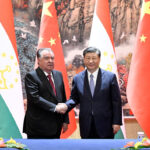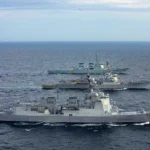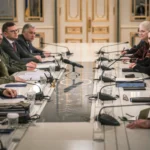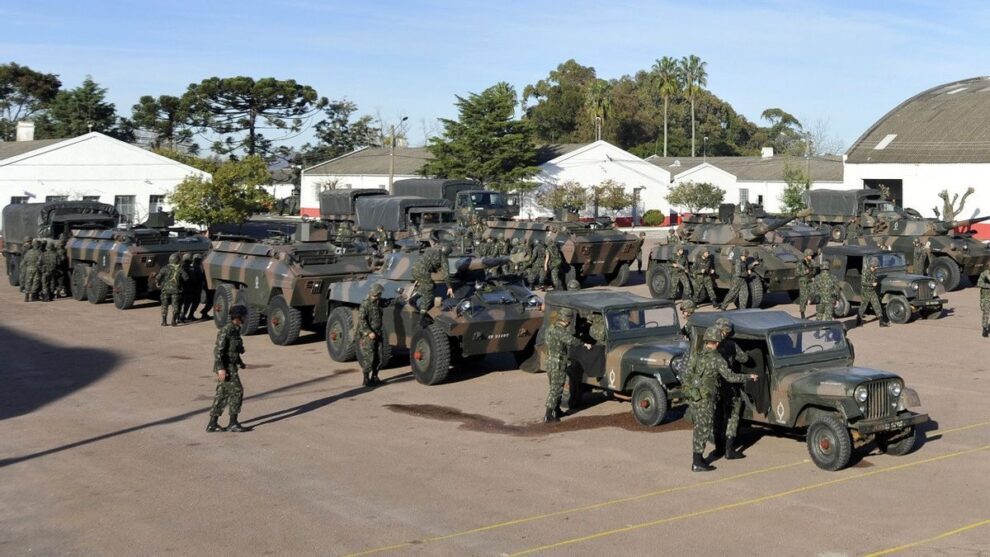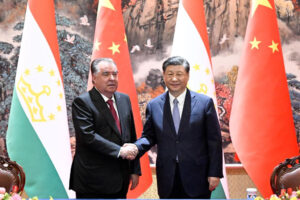Thousands of troops have taken up position in the ports and airports of Rio and São Paulo and along Brazil’s western border as part of efforts to “asphyxiate” organized crime amid an upsurge in bloodshed and violence.
The military intervention – ordered last Friday by President Luiz Inácio Lula da Silva – will last until next May and is reportedly designed to cut off the drug and gun smuggling routes on which trafficking and mafia groups depend.
In recent months those heavily armed factions – which have spent decades consolidating their control over huge sweeps of Rio – have spent even more time in Brazilian headlines than usual thanks to a series of dramatic and deadly attacks.
Late last month, paramilitary gangs known as “milícias” (militias) brought much of west Rio to a standstill, setting fire to dozens of buses and a train in order to stop one of the city’s most wanted mafia bosses being arrested. In early October, three doctors were shot dead outside a five-star beach hotel after assassins seemingly confused one of the group with a crime boss they wanted to kill.
Separately, there was a public outcry over drone images released by police that showed rifle-toting drug traffickers holding guerrilla-style training sessions in the Complexo da Maré, a sprawl of favelas near Rio’s international airport.
This week’s deployment will see 600 members of the air force sent to that airport and Guarulhos international airport in São Paulo.
More than 1,000 members of the navy will operate in the container ports of Rio and Itaguaí in Rio state and Santos in São Paulo state from which Brazilian prosecutors say huge quantities of South American cocaine are shipped to Europe each month.
Two thousand army troops, meanwhile, will step up their activities along Brazil’s western borders with Paraguay and Bolivia, across which much of the marijuana, cocaine and weaponry that illegally enters Brazil flows.
Announcing the military operation last week, Lula said the federal government was determined to help Brazil “free itself from organized crime, gangs, drug trafficking and gun trafficking”. “The violence we have been witnessing, has been worsening day after day,” Lula told reporters.
Rio’s deteriorating security situation comes after several years in which the murder rate fell. After the recent bus burnings, the Estado de São Paulo broadsheet lamented the state’s “utter failure” to uphold its monopoly on violence and declared: “Rio [is] on its knees.”
Security expert Pablo Nunes said Rio’s latest security crisis had been triggered by the 2021 shooting of a powerful militia leader called Wellington da Silva Braga, or Ecko.
Braga’s forces had controlled huge swaths of west Rio and his death sparked a fierce and chaotic turf war, with rival gangs of paramilitaries and traffickers scrambling for control of communities whose residents they could milk for extortion payments or where they could sell drugs. The surge in killings caused by that criminal fragmentation now meant that if Rio’s westside was a city, it would be Brazil’s seventh most murderous.
“With [Ecko’s] exit the whole territory is put up for grabs … and this fight is playing out corner by corner, street by street,” said Nunes, from Rio’s Centre for Studies on Public Security and Citizenship. “The scenario we have in Rio de Janeiro today is completely out of control.”
Nunes said the federal government did have a duty to help state authorities tackle Rio’s long-running drama but said he was unconvinced a military deployment would work.
“We don’t have a plan. We have a gigantic problem – but what we see are impromptu movements from each of the different spheres of government to show that they are doing something. The state government says it is taking some actions. The federal government says it is taking others. But what’s the [overall] plan? What’s the strategy? What are they seeking to achieve with all this?” he asked.
Source: The Guardian


